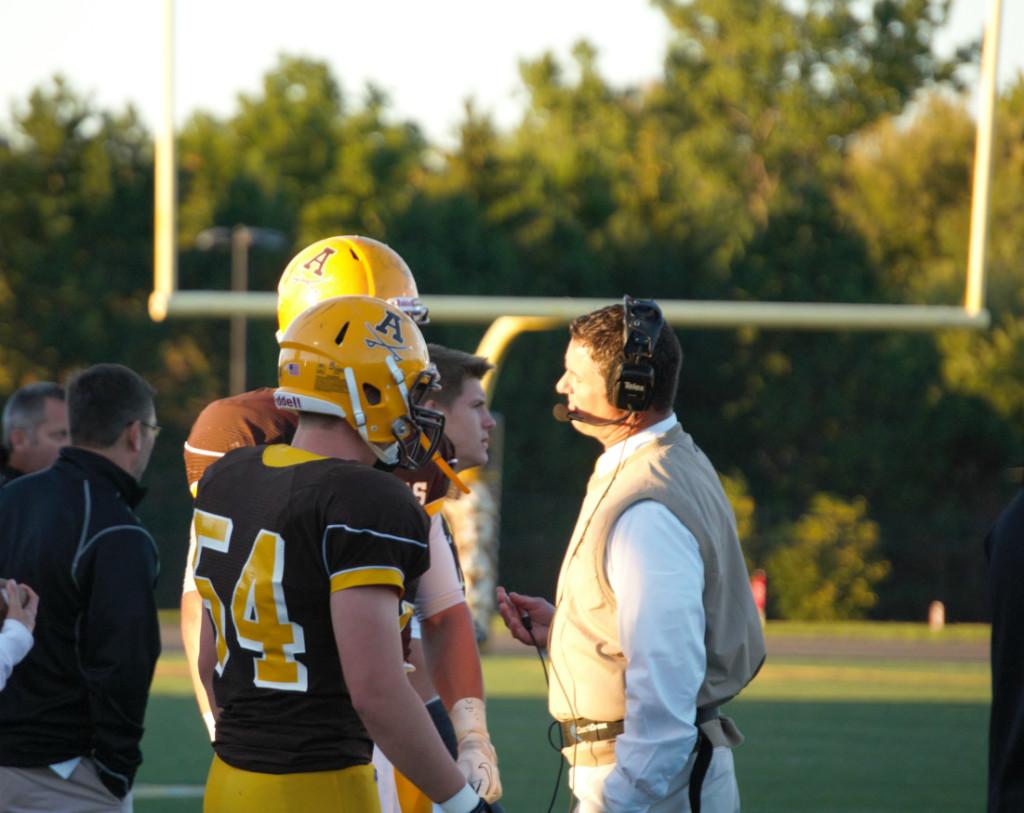For the love of the game
Cheering, pep talks, and clapping keeps the players inspired and motivated to put their hearts into what they do. Whether it’s on the court, field, ice or green, a coach’s job is to improve his players and give them a chance to play the game they love. But what if a coach didn’t do this?
Imagine a mentor screaming at players in practice or a coach who didn’t inspire, but instead tore apart a team. Picture a coach who tell individuals that they aren’t good enough to play, without even bothering to give them a chance to show their skills.
Does this really happen in high school sports? Unfortunately, this situation comes up way too often. Coaches are seen taking advantage of their authority and using it against their players by playing favorites and talking politics with parents. In high school sports, the old saying “It’s not what you know, it’s who you know,” is proven true.
Good players are kept on the sidelines and becoming less confident in their abilities because of these “bully coaches.” Many experienced and skilled athletes quit the sports they love just because the coach treats them poorly. Senior Jackie Schade has experienced the politics that come with playing sports.
“I used to love playing soccer and still do, but I had a coach who yelled at everyone and just made it a not fun experience. It made me not want to play another year with the team,” Schade said.
Some coaches are worse than others in the game of “put down.” A physical education teacher and the head Cypress Bay football coach in Florida was seen punching his quarterback in the head during a game. He was suspended for three days of teaching and two weeks of any athletic activities. This might not, however, be enough punishment to stop coaches like this who use violent force. Physical and verbal abuse hurts players in more ways than one. This type of abuse has the effect of making a student depressed and afraid to play the game they once loved.
Many players try to “suck it up,” but when the abuse becomes too hard to handle, that may not be the best option. Standing up for oneself is a definite option, but when hard headed coaches take their authority to a whole new level, parents, athletic directors, and school staff may need to be involved.






